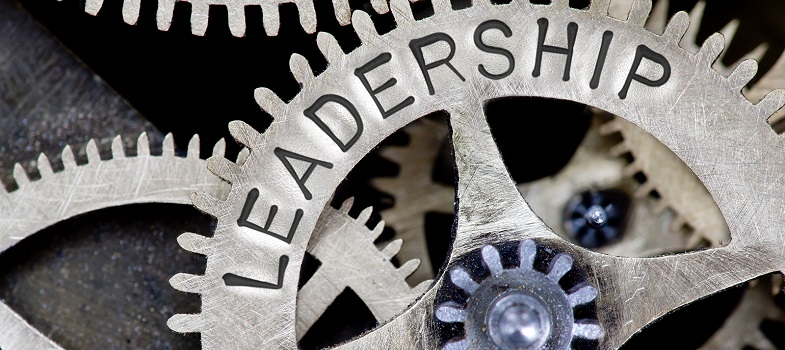Unit 3: Reporting, responding and investigations
3.11 Protecting whistleblowers
There continues to be the challenge of managing tensions between keeping the confidentiality and anonymity of survivors/complainants when managing safeguarding concerns.
Organisations should make concerted efforts to improve trust in reporting mechanism so that concerns can be raised early and dealt with swiftly, thus keeping people safe. It’s important that whistleblowers are supported and are protected from reprisals, since this would challenge the culture of impunity.
Here are a few recommendations made in the CHS Alliance Whistleblower Protection Guidance:
- Have a strong and living Code of Conduct that reflects the organisation’s values.
- Develop a whistleblowing policy and other procedures and practices that influence ethical conduct.
- Promote greater implementation of whistleblowing protection provisions throughout the organisation and involve a cross section of staff to test the policy’s implementation before implementing widely across the organisation.
- Protect reporting mechanisms and the prevention of retaliation in the organisation’s internal controls, ethics and compliance systems.
- Protect those who report and speak up.
- Ensure the whistleblowing policy scope is as broad as possible and protects all who carry out functions or activities related to the organisation’s mandate.
- Ensure reporting tools are readily available and easy to use.
- Provide multiple types of channels to report.
- Provide a secure system that can offer anonymity to the complainant or whistleblower.
- Regularly update the reporter on the progress of the case.
- Clearly communicate the processes in place (reporting channels and procedures to facilitate disclosure) through promotion, regular awareness raising and training (including policy training).
- Be accountable when wrongdoing occurs.
- Ensure there are clear messages from senior management that set the tone by ‘leading by example’ and act as positive role models.
- Remove the negative connotation and social stigma associated with whistleblowing by considering using different terms, such as ‘reporters of wrongdoing’ or ‘reporters of misconduct’.
- Regularly review, monitor and evaluate the whistleblowing policy.
![]()
Want to find out more?
For more information on this topic, follow the link below: New Humanitarian article: Acting with impunity
